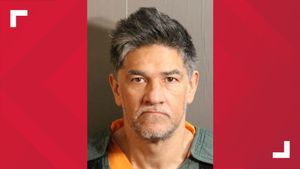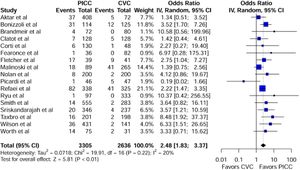Voters across the Melbourne electorates of Werribee and Prahran are gearing up for pivotal by-elections, which may drastically affect the political climate leading up to the next federal elections. For the Labor Party, historically anchored for over four decades, the mood has shifted as residents express dissatisfaction with local governance.
At the heart of this by-election is the resignation of Tim Pallas, the former long-serving Labor Treasurer and MP for Werribee, whose exit has raised alarms for the incumbent party. His departure has not only prompted concerns about the future of the Labor Party but has also highlighted the party's waning popularity, with polls showing their primary vote plummeting to 22 percent.
Local residents have voiced their frustrations, with many feeling neglected under the Labor government. Tagreed, a local, noted, "We haven't had nothing done for Werribee for years and years," reflecting the growing sentiment among voters who demand change. Similarly, residents pointed out infrastructural shortcomings, particularly concerning the local school drop-off lanes and rising crime rates. Jason remarked, "Everyone's asking for change. All of the locals are asking for change."
Labor candidate John Lister, facing the scrutiny of history, must navigate these turbulent waters as polling indicates Labor's primary support might not be enough for victory. Since 1948, the Liberal Party has struggled to flip seats during by-elections, yet they are hopeful about this contest.
The current Premier of Victoria, Jacinta Allan, has reportedly taken on damage control amid fears her presence could adversely affect the Labor candidate's prospects. "I'm focused on Victorians," Allan stated when pressed about the potential stakes of the election. Meanwhile, the Liberal party, led by Brad Battin, sees this as an opportunity to challenge Labor's stronghold.
Key community issues outlined include significant gaps in infrastructure and service provisions. Local business owners have underscored the pressing need for improved healthcare access and public safety infrastructure to keep pace with Werribee's rapid expansion. Marie, who works at the local florist, voiced her concerns, saying, "There's lots of things we need, like more doctors at the hospital," highlighting the historic merits of the Labor administration alongside mounting frustrations over unmet promises and diminishing resources.
Commentators such as Dr. Zareh Ghazarian from Monash University believe these by-elections offer insight not just for state politics but could reflect broader national sentiments. "The polling suggests it’s going one way, and it seems to be against the Labor Party," Ghazarian stated. This prospective turnaround echoes sentiments expressed by voters eager for change.
With early voting statistics showing approximately 40 percent participation from Werribee, the Victorian Electoral Commission remains steadfast, demanding mandatory voting compliance from residents who now face potential fines for non-participation. The scale of early engagement indicates heightened political stakes and voter awareness within the electorate.
Sam Groth, Deputy Liberal leader, indicated the party's strategy hinges on presenting itself as the feasible alternative to Labor. "There's been about 20,000 voters up until last night who've come through pre-poll. They're out early, they've got a bit of stick for the government, they’re wanting to get rid of them," Groth commented. He posited the Liberal Party's outreach as pivotal, as they attempt to resonate with voters who feel disenchanted by continuous Labor governance.
The pressing conditions under which this election is held have become even more pivotal when factoring inflation and quality of life concerns amid increasing living costs, grappling with public dissatisfaction toward incumbent leadership.
It's purportedly too early to tell whether Labor's traditionally stronghold will fracture under these growing tensions, but both parties are aware of the stakes involved. Werribee, as it stands, is not merely about local governance but rather reflects broader statewide and national electoral trends.
Election day looms as the Werribee constituents brace themselves for change. The results, expected soon after polls close, may very well redefine political allegiances and the balance of power not just locally, but potentially within the wider Australian political arena.
Werribee's legacy as a Labor bastion hangs precariously, as residents weigh their options with the fervor of this momentous election encapsulating all their hopes for the future.



